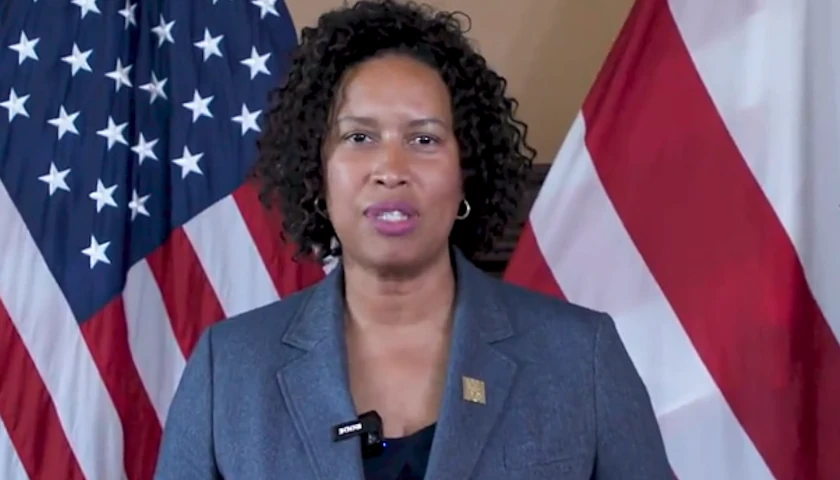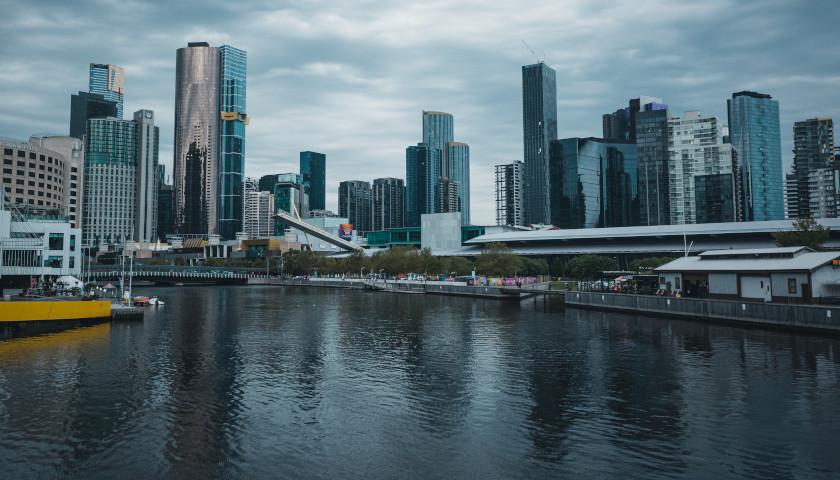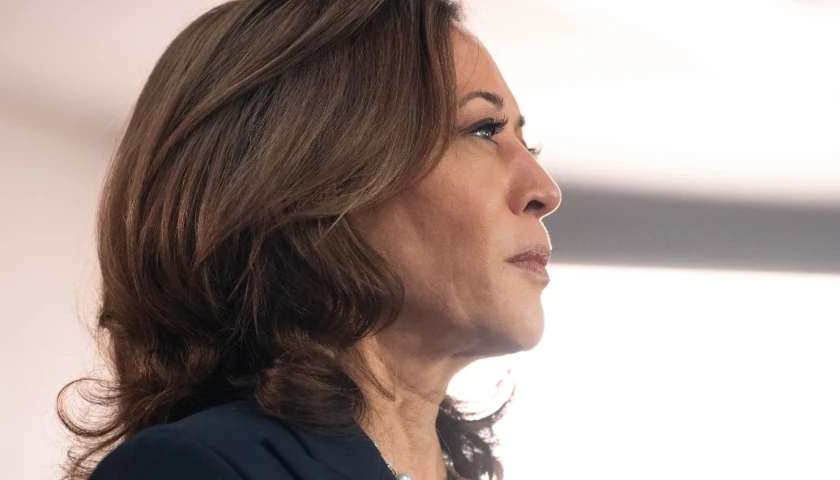by Scott McClallen
Michigan won a $105 million federal grant to replace the I-375 freeway in Detroit with an accessible boulevard. Work is expected to start in 2025.
Almost 60 years ago, government officials approved a plan that bulldozed through the mostly minority-populated neighborhoods Black Bottom and Paradise Valley in order to build I-375, displacing more than 130,000 people. The new project will replace it with a boulevard to reconnect the split communities.
Gov. Gretchen Whitmer welcomed the funding.
“While we cannot change the past, we can work together to build a more just future, and that’s exactly what today’s grant empowers us to do,” Whitmer said in a statement. “We fought hard to secure this funding to create a corridor of economic opportunity in Detroit and build on the city’s growing economic momentum.”
The boulevard will begin south of the I-75 interchange, and continue to Atwater Street. It will use the existing road grid and connect to the Detroit riverfront, Eastern Market, and Brush Park. It will mostly be six lanes, not counting turn lanes, and four lanes between Jefferson Avenue and Atwater Street.
A two-way cycle track on the east side of the boulevard will connect the riverfront to the Montcalm Street extension and stretch west to Brush Street and east to Gratiot Avenue, where it will connect with the Dequindre Cut bicycle path.
Detroit Mayor Mike Duggan said the funding would speed the start of construction from 2027 to 2025.
“I’m ready to fill in the ditch called I-375 and make it a beautiful, bustling boulevard, connecting the city of Detroit,” Duggan said in a statement. “We all know the painful history of I-375, and the city’s planning staff is having ongoing conversations with the community on how we’re going to transform I-375 together. Today’s announcement means we’re going to be able to speed this project up from 2027 to 2025, thanks to the city, state and federal government all working together. Let’s fill in the ditch and re-knit this community.”
The I-375 improvement is part of a $300-million injection into Detroit funded by taxpayers, including $100 million for the Detroit Center for Innovation, $100 million for a cancer treatment facility operated by Wayne State University, and $40 million for the 27-mile Joe Louis Greenway.
– – –
Scott McClallen is a staff writer covering Michigan and Minnesota for The Center Square. A graduate of Hillsdale College, his work has appeared on Forbes.com and FEE.org. Previously, he worked as a financial analyst at Pepsi.
Photo “Gretchen Whitmer” by Michigan.gov. Background Photo “I-375” by On^ste82. CC BY 3.0.





